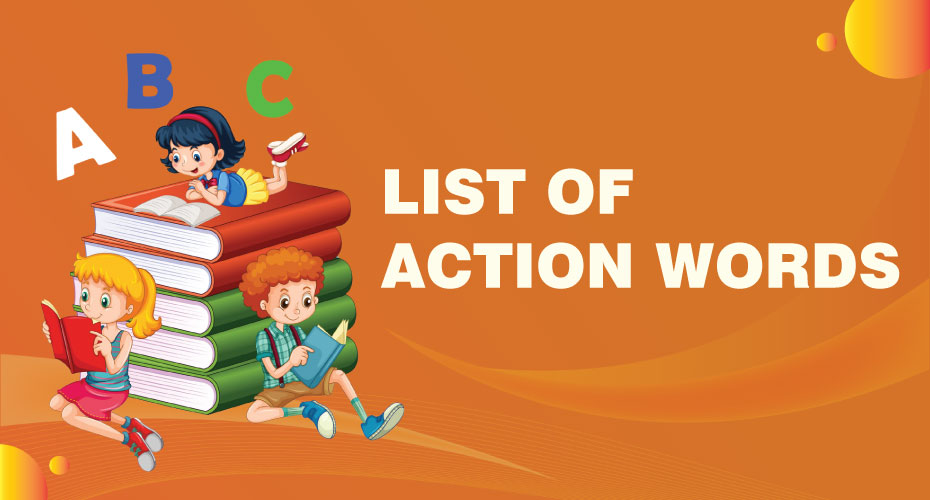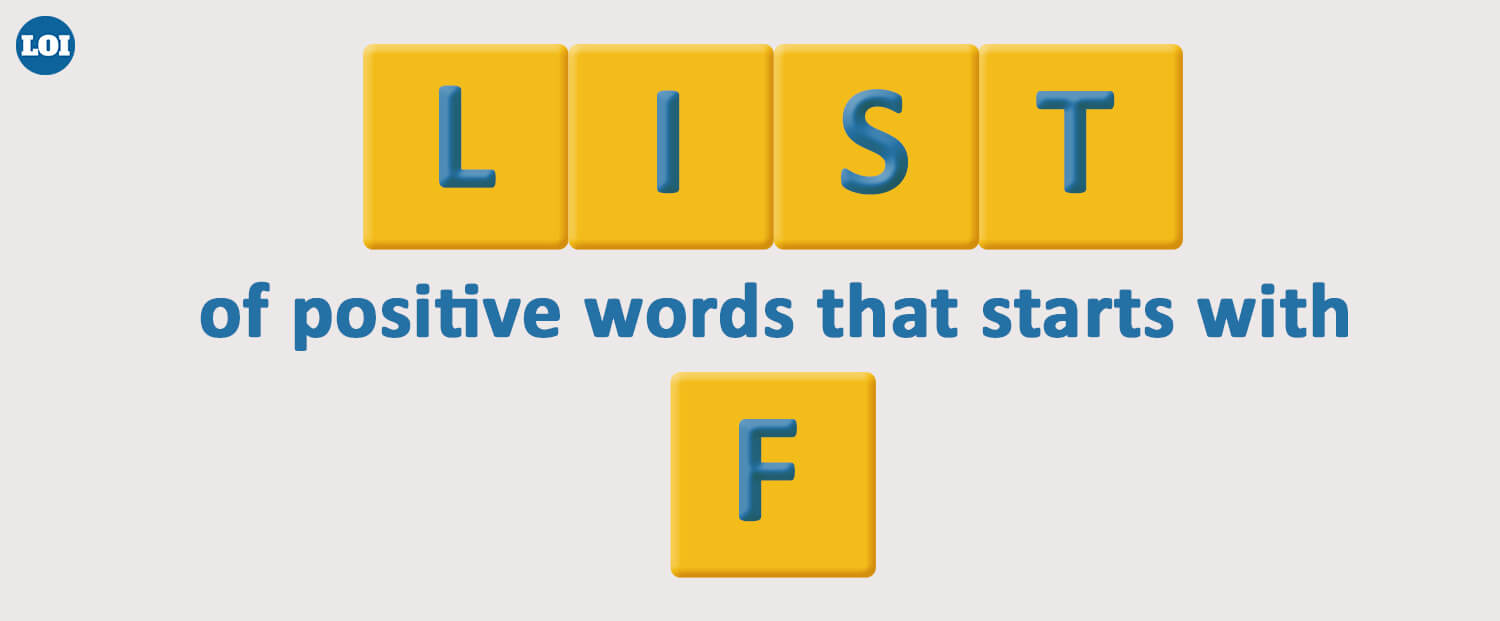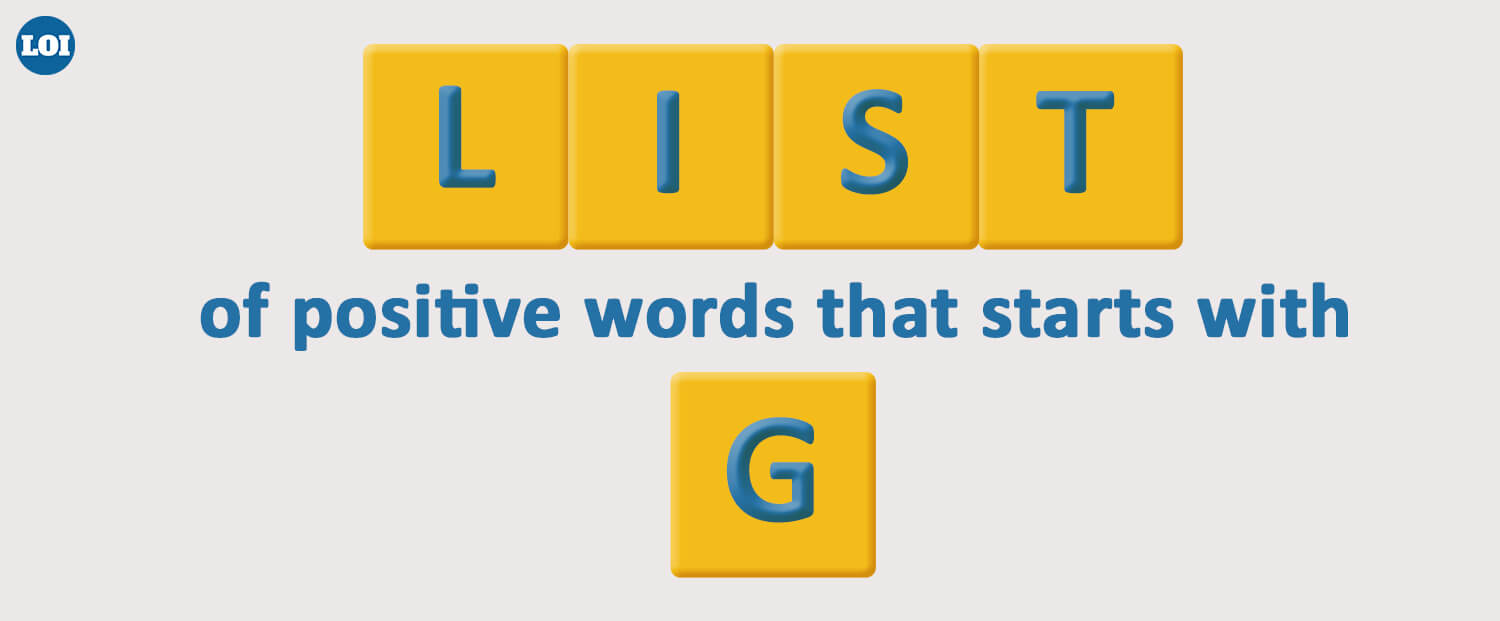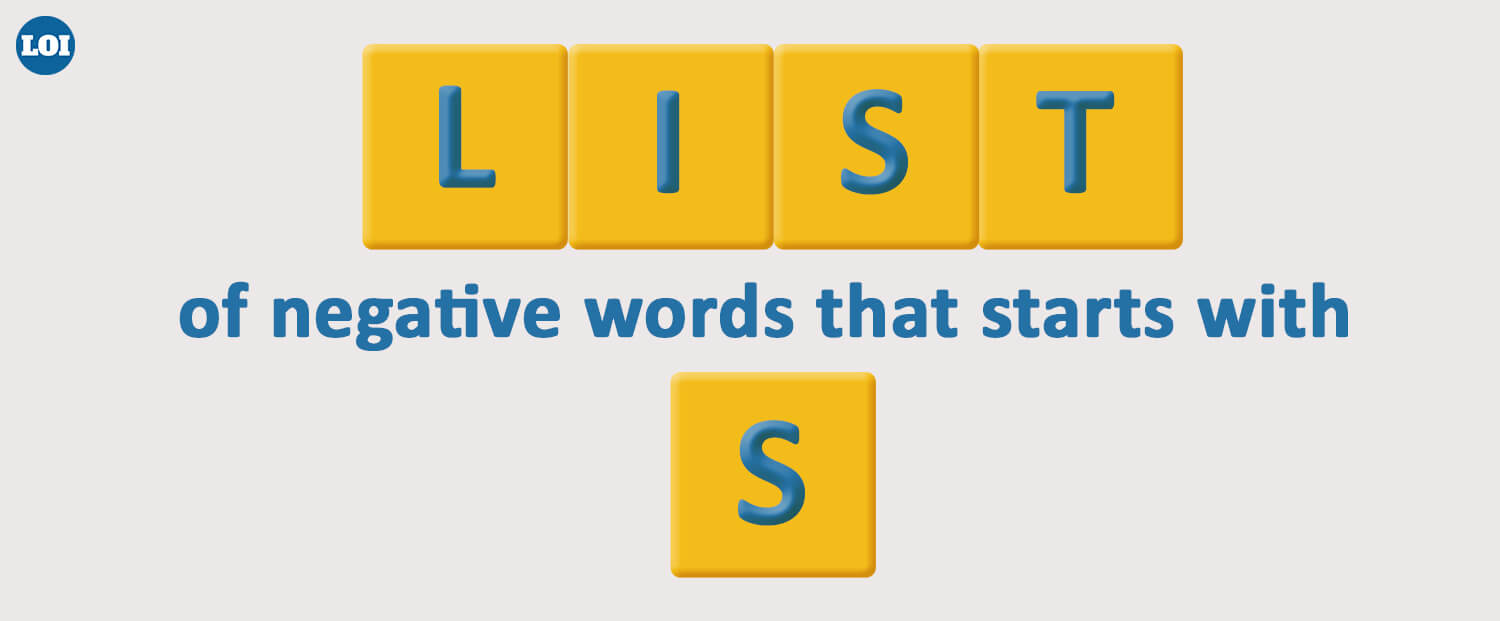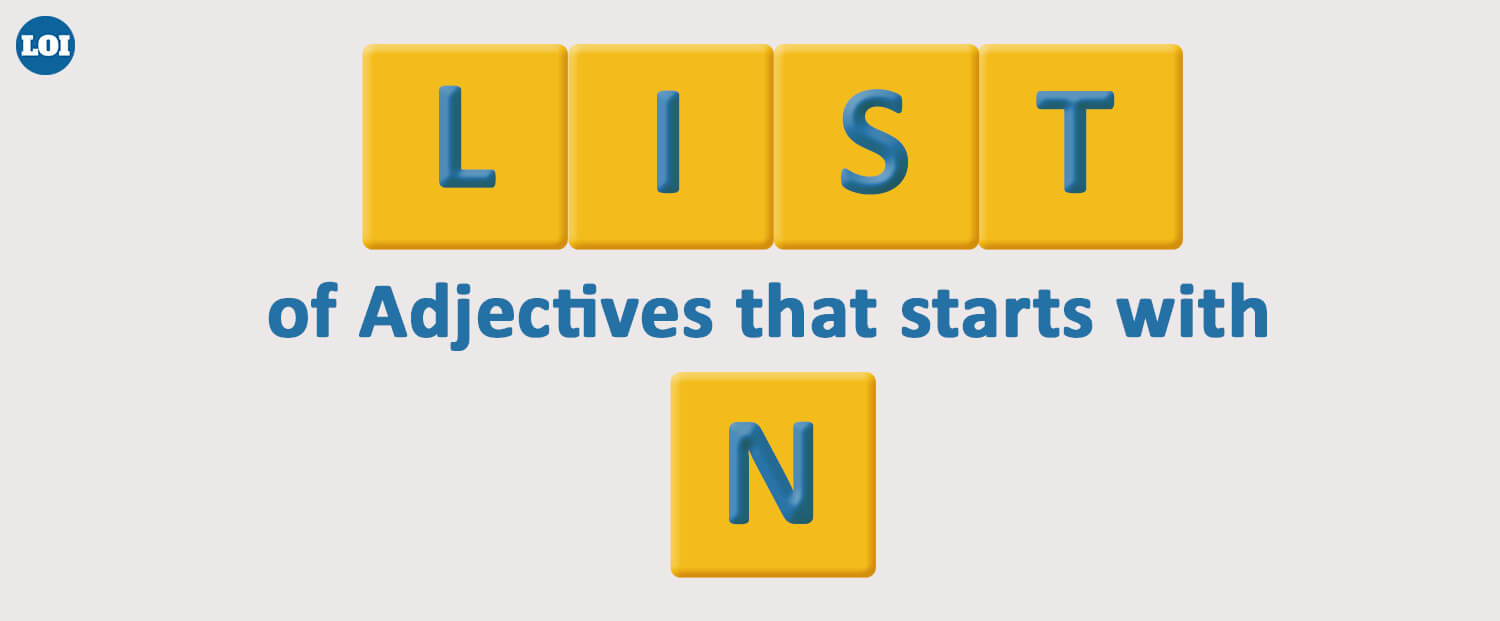Mangools Vs. SEMrush SEO Tools
If you are looking for the right SEO tool to invest in for your business, then you need to read this review. There are too many tools out there and choosing the right one is never easy. We are here with two of the best SEO tools (Mangools vs. SEMrush), for you to make the right pick.
You may already know this - SEMrush and Mangools are the two top tools. Now, you would want to know which one of the two is best for you. Let us give you all the details you need to know so you can make the right choice.
What is SEMrush SEO TOOL? Introduction
SEMrush launched in 2008 and its creators were IT and SEO specialists. They made this tool to serve as a tool for competitive analysis for marketers.
With time, the tool evolved into more than just a competitive analysis tool. It now has other features like SEO audit and keyword research, link building, online advertising, content marketing, and more. It has become the most preferred SEO tool for marketers.
What is Mangools SEO TOOL? Introduction
Mangools was launched in 2014 by a team of online enthusiasts. At the time, the company focused only on making a robust keyword research tool. Eventually, the team improved its capacity, by adding functions like data delivery, local SEO metrics, and making the UI better.
By 2016, Mangools became a hub for managing the company's SEO tools, like LinkMiner (backlink checker tool), SERPWatcher (keyword rank tracker), and Site Profiler (SEO analysis tool).
Feature Comparison
We have compare some of the important features of SEMrush and Mangools here. These can be able to clear your understaning between working of these SEO industry tools.
1. Keyword Research
Most content creators already have ideas for topics to cover using productive keywords. Whether you are working on tweaking the content or making fresh content that improves your ranking, you need proper keyword research tools.
Both Mangools and SEMrush are powerful keyword research tools; but which is better?
Here is what you need to know:
SEMrush Keyword Research
If you choose SEMrush, things will be so much easier. It has a database of 20 billion keywords in its Keyword Magic Tool. To access this tool go to SEO Dashboard > Keyword Research > Keyword Magic Tool.
SEMrush is the top keyword research tool on the market. When you type a keyword for research in the SEMrush panel, it provides the monthly search volume both in your country and globally.
It also provides keyword difficulty stats, CPC, and a summarized SERP analysis. It also provides five keyword variations, related keywords, and question-based keywords. You can also use the advanced filter feature to explore more search options. In the SEMrush tool, you also have the option to group keywords and exclude the ones you do not want.
After shortlisting your keywords, you can save the work in the keyword manager. Simply tap the "+" icon on the left side of the keywords and add it to a list you create.
There is more to the tool. You can also do competitor-based keyword research. To do this, go to Competitive Research > Organic Research. Enter the domain of your competition.
Scroll to the "Top Organic Keywords" section of the report and see the top five keywords. You can check details as well, and sort them by traffic.
Mangools Keyword Research
Mangools has a KWFinder research tool. Initially, it was solely designed to be keyword research and it still is the best feature of the tool.
Traditionally, both the keyword finder and competitor keyword research feature helps find long-tail keywords with low keyword difficulty.
Here is a quick overview of the KWFinder - enter the seed keywords or the domain of your top competitor. Hit search and it gives you the data.
KWFinder generates the list of keywords and shows the search volume, keyword difficulty, and other relevant metrics.
As you can see, SEMrush has an edge over Mangools, because it has a huge data of keywords.
2. Competitive Analysis
SEMrush Competitive Analysis
The SEMrush competitive analysis feature provides in-depth reporting on different SEO activities. These include:
- Traffic analysis
- Market explorer
- Organic research
- Keyword gap
- Backlink gap
- Backlink analysis
- Advertising research (Advertising research includes a report on display advertising)
- PLA research (i.e. Google shopping, prices, advertising, etc.)
- Brand monitoring (This feature also offers brand monitoring so you can keep an eye on your competitor's reputation online, evaluate your campaigns, and make them better)
Mangools Competitive Analysis
Mangools was not doing very well in terms of competitive analysis and it has made some changes.
Now you can use it to track the competitor's paid and organic keywords. This information helps you plan your AdWords and SEO campaigns.
Their competitive keyword research now has the following database:
- 120M SERPs and keywords
- 10M domains
- 18 locations
You can use the KWFinder tool to explore the possibilities and make your plans.
However, compared to SEMrush, it is still shy of several options in terms of competitive analysis.
3. Site Auditing
Site audit gives you a clear idea about the health of your website. It tells you how good on page SEO is, which requires checking broken links, Meta tags, interlinking, alternative texts, Meta titles, and Meta descriptions. It also helps track the position of onsite keywords on SERPs to tell you how well they are performing.
SEMrush Site Auditing
SEMrush has a very effective site-auditing algorithm that checks everything and gives you an overall clear summary of issues. You can use the report to make the necessary fixes to improve onsite SEO.
Mangools Site Auditing
Although Mangools offers a good and insightful site audit, you must tolerate some hassles. It requires you to add some free tools, which are:
Web Developer Tool (Chrome add-on)
Google Search Console
3. Page Speed Insight Tool
4. On-page SEO Audit Tool
It is generally better for planning onsite content and making a better content marketing strategy.
4. Backlink Analysis
Link building is not as easy as it seems. It can be quite challenging and at the same time, it is quite rewarding. They are one of the top criteria Google considers in its page-ranking algorithm.
To plan and execute a results-driven link-building campaign, you need a backlinks analysis tool. You can use this feature in both SEMrush and Mangools to spy on your competitors and get an idea about their online marketing strategies.
Here is what you need to know about Mangools and SEMrush backlink analysis.
SEMrush Backlink Analysis
If you have the opinion that SEMrush is not as good as other tools for this, think again. SEMrush creators have put much effort into improving its backlink data and added new features to make it the best option available.
Moreover, it provides automatic reports for you. The report shows domain authority scores it analyzes, monthly visits, and the total number of referring domains, organic keywords, and backlinks. SEMrush is the next best option to Ahrefs.
Mangools Backlink Analysis
Mangools has a LinkMiner, which is its backlink analysis tool. LinkMiner is a great backlink analysis tool. It provides you with a list of competitors that you can follow and follow their link-building strategies.
However, there is a big drawback with Mangools. It has its backlink data sourced from Majestic's backlink data. This proves to be a major setback.
LinkMiner is not so bad, but compared to SEMrush, it has some major setbacks in this regard.
5. User Interface & Ease of Use
Both Mangools and SEMrush have different user interfaces and experiences. Here is a quick comparison:
SEMRush User Interface
In terms of ease of use, SEMrush takes the lead. Everything you need is integrated into their dashboard. You simply need to sign-up, configure or connect the dashboard to your Google Analytics and Search Console for it to collect data.
Once done, it is all set to use.
Mangools User Interface
On the other hand, Mangools on the other hand needs you to install some free tools and accessing them each time you want to run an analysis.
6. Pricing Plan
Based on your budget for purchasing an SEO tool, below is a summary of the price plans so that you can compare both and make the best pick according to your preference.
SEMrush Pricing Plan
The pricing structure for SEMrush starts at $119.95 per month. Here are three options you have:
- Pro - $119.95
- Guru - $225.95
- Business - $499.95
Pro is great for startups; Guru is good for medium to small size marketing agencies and businesses.
The Business option is perfect for large businesses. Buying on annual billing allows you to save as much as 16% on the total spending.
Mangools Pricing Plan
The pricing structure for Mangools starts from $49 per month if you opt for monthly billing. It also has three pricing options:
- Mangools Basic - $49 per month
- Mangools Premium - 69$ per month
- Mangools Agency - $129 per month
If you opt for annual billing, you can save as much as 40% on each plan.
As you can see, the pricing is lower because the structure and performance as compared to SEMrush are limited.
Conclusion:
Based on the highlighted details and comparisons above, you can see that both tools offer good features. However, there is no denying that SEMrush takes the lead. It offers much more relevant data and comfort to the user.
Therefore, if you are looking for a recommendation, SEMrush is the best SEO tool to invest your money in. You can use it for keyword research, backlinks analysis, and competitor research and get great reports. Conclusively, Mangools is also good, but SEMrush is better.
